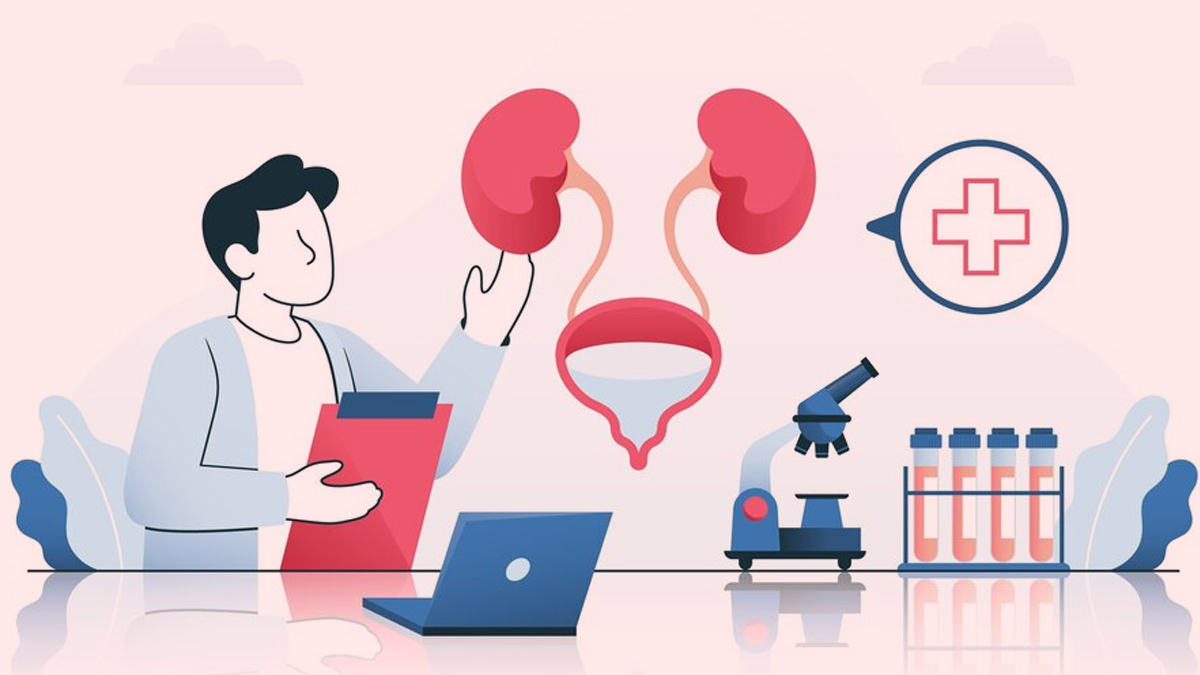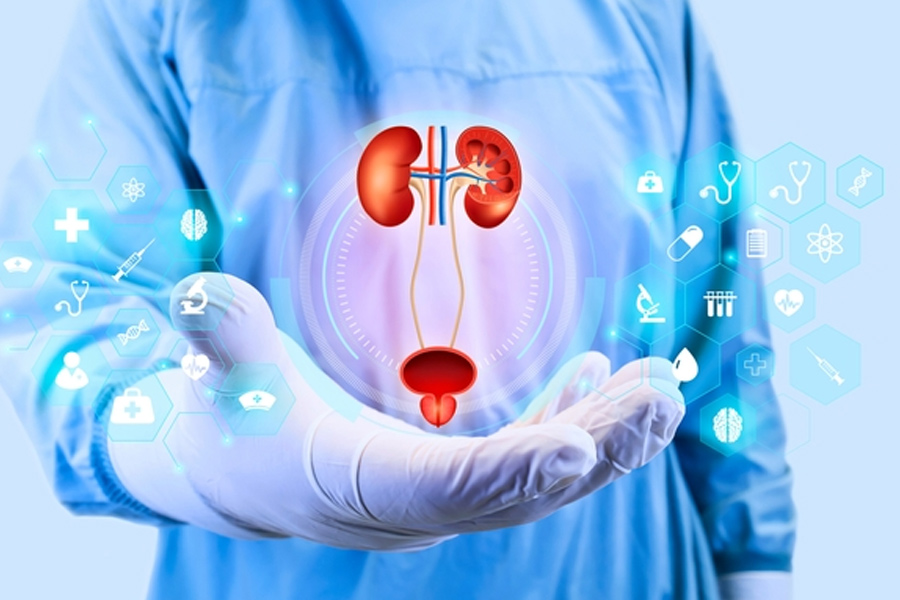
Did you know bladder cancer is the 8th most common cancer in the world, affecting both men and women? It occurs when cells in the bladder grow abnormally, leading to the formation of tumours. This cancer affects the lining of the bladder, which is a hollow organ responsible for storing urine. The most common symptom of this condition is blood in the urine, which can be painless and sometimes be accompanied by blood clots. Risk factors for urinary bladder include smoking, bladder stones, and genetic factors also play a role.
Table of Content:-
A bladder cancer diagnosis can be overwhelming, bringing uncertainty and emotional distress. On this World Cancer Day, we spoke to Dr Srinivasa Narayanam, Senior Consultant Urologist, Asian Institute of Nephrology and Urology, Hyderabad, who explained hopes and challenges linked with bladder cancer, and ways to enhance emotional and physical well-being.
Hopes For People Diagnosed With Bladder Cancer

- Advancements in Treatment: The availability of modern medical treatment options helps manage the disease and maintain quality of life.
- Quality of Life: Patients can maintain their quality of life with the help of improved treatment options.
- Supportive Care: Access to availability of supportive care from health care teams, counselling, and support groups.
- Early Detection: New diagnostic tools improve early detection, increasing the chances of successful treatment.
- Ongoing Research: Medical research continues to develop better treatments and improve survival rates.
According to a 2021 study, raising public awareness of risk factors, reducing workplace exposure, and improving diagnosis methods will help decrease the number of people diagnosed with advanced bladder cancer.
Also Read: Why Are People Getting Affected From Bladder Cancer? Know The Prevention Tips
Challenges Faced By Bladder Cancer Patients
Bladder cancer can be challenging for patients and affect their physical, mental, and emotional well-being. Here are some common challenges listed by Dr Narayanam.

- Delayed Diagnosis: Patients suffering from carcinoma bladder have several challenges that impact the quality of life, like a late diagnosis of the disease due to lack of awareness.
- Prolonged treatment: Frequent hospital visits, repeated tests, and ongoing treatment can be emotionally and financially draining.
- Psychological Impact: The removal of the urinary bladder and the need for a stoma can significantly affect self-esteem and mental health.
- High Recurrence Rates: Bladder cancer has a high risk of returning, necessitating long-term monitoring.
- Lower Survival Rates: Compared to some other cancers, long-term survival rates remain a concern, making ongoing care and follow-up essential.
Due to these challenges, bladder cancer is often referred to as the 'Cinderella of cancers,' with patients reporting a more difficult experience compared to those with other types of cancer.
Also Read: Bladder Cancer Does Not Cause Urinary Symptoms Alone: Other Signs To Watch Out For
Diagnosis Of Bladder Cancer
"Diagnosis of bladder cancer involves tests, such as an ultrasound of the abdomen, a CT scan, a PET scan, and urine cytology. A cystoscopy (endoscopic examination of the bladder) is performed to confirm the disease, and a biopsy is conducted to determine the type and severity of the cancer," said Dr Narayanam.
Once diagnosed, multiple treatment options are available depending on the stage and progression of the disease. These include:
- Transurethral Resection of Bladder Tumor (TURBT): A minimally invasive endoscopic surgery.
- Radical Cystectomy: Complete removal of the bladder, often requiring the creation of a stoma for urinary drainage.
- Chemotherapy, Radiotherapy, and Immunotherapy: Used to manage the disease and improve survival rates.
Managing Bladder Cancer
"The diagnosis of cancer shatters the patient and family emotionally. The need for frequent visits to the hospital, repeated tests, and prolonged treatment drain the patient emotionally, financially and psychologically. As a result, many patients feel discouraged and drop out of therapy in between," added Dr Narayanam.
The good news is that continuous counselling from doctors, nurses, psychologists, and support groups can help patients stay motivated and committed to their treatment. Also, connecting with other bladder cancer patients who have undergone treatment successfully can provide hope and reassurance.
"Patients can maintain their overall well-being by staying informed about their condition, understanding treatment options, and actively participating in medical decisions. It is also important to engage in regular physical activities, such as morning walks, yoga, and meditation can promote both physical and mental health," concluded Dr Narayanam.
[Disclaimer: This article contains information provided by an expert and is for informational purposes only. Hence, we advise you to consult your professional if you are dealing with any health issue to avoid complications.]
Also watch this video
How we keep this article up to date:
We work with experts and keep a close eye on the latest in health and wellness. Whenever there is a new research or helpful information, we update our articles with accurate and useful advice.
Current Version
